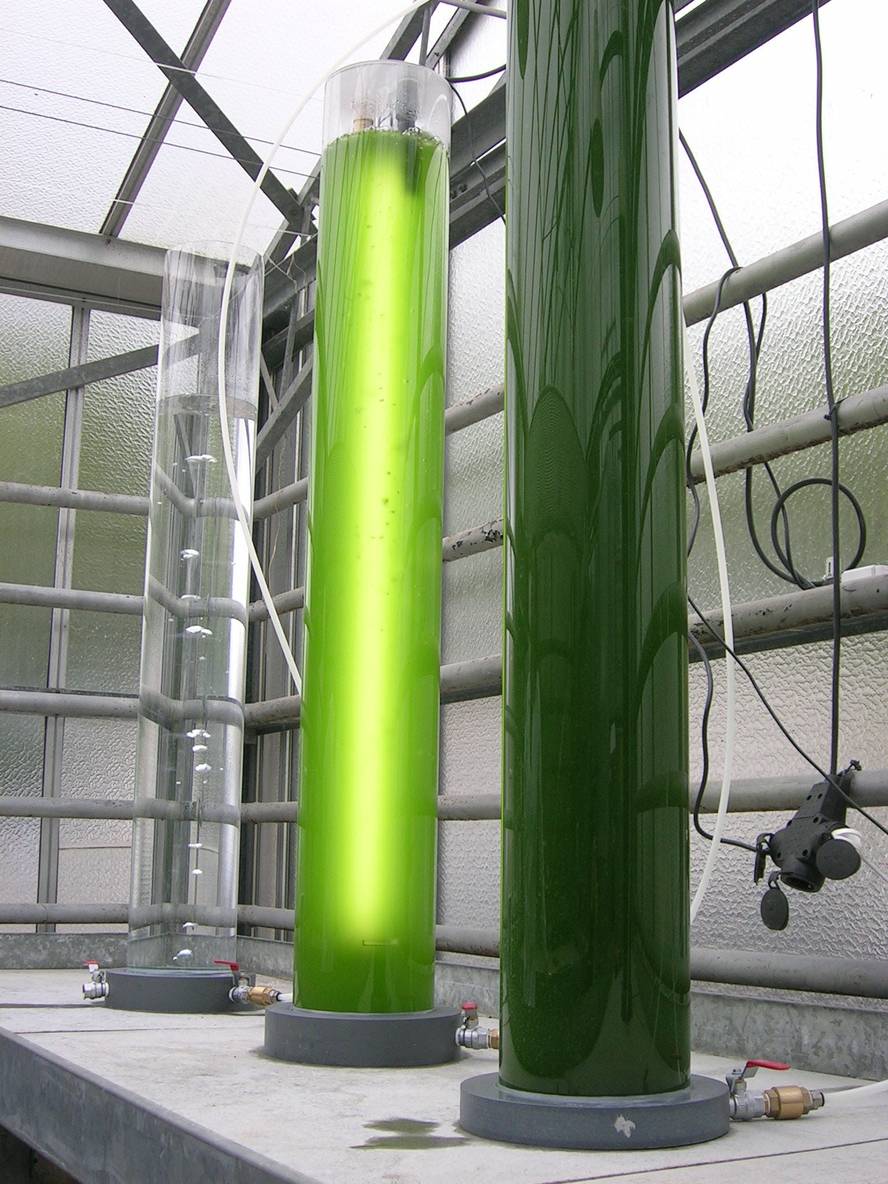The European Union only protects some biodiesel
Before that, several groups have denounced that the fact that plants are destined to the production of biofuels represents an increase in food. Now, with the change of law, it seems that the European Union has been partly right, as it will limit food plantations to 5% but biodiesel. However, the new law also aims to reduce the environmental impact on biodiesel production and proposes measures to do so. The biofuel industry in Spain has not taken the change with good eyes, since it produces more than 5%. On the contrary, the new law will favor microalga-based production.Specifically, Neiker-Tecnalia is coordinating a study to make more efficient and profitable the production of microalgae for biodiesel. The project, called Energreen, aims for microalgae to produce and accumulate even more lipids than usual to increase biodiesel production. In addition, it is being studied how to take advantage of the sand left after the extraction of oil from microalgae to obtain biogas through anaerobic digestion.To know more about microalgae intended for the manufacture of biodiesel, read the article "Microalgae, supplier of gas stations" (Elhuyar, no. 268).






